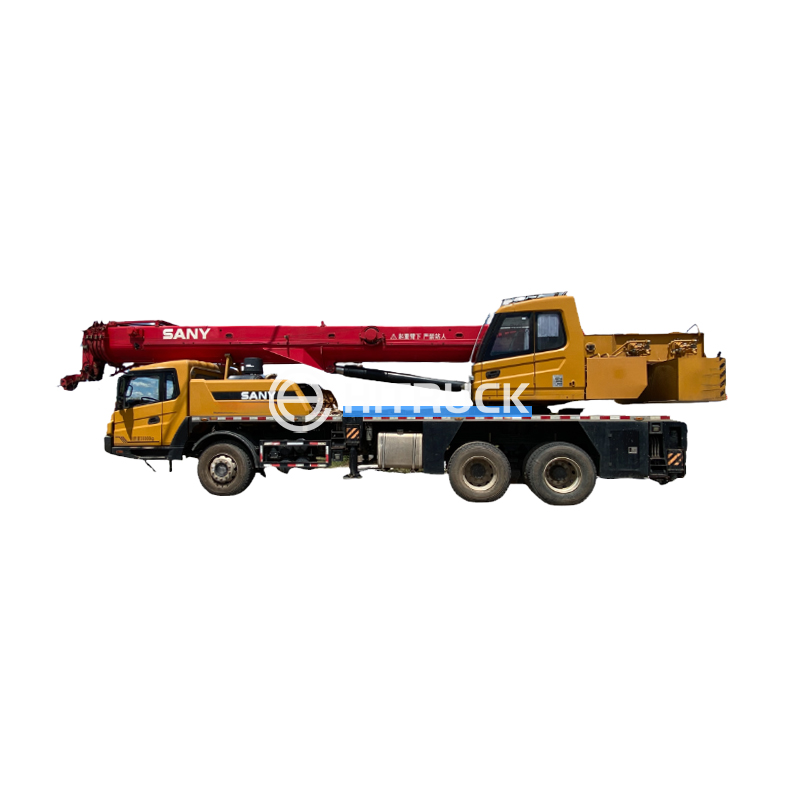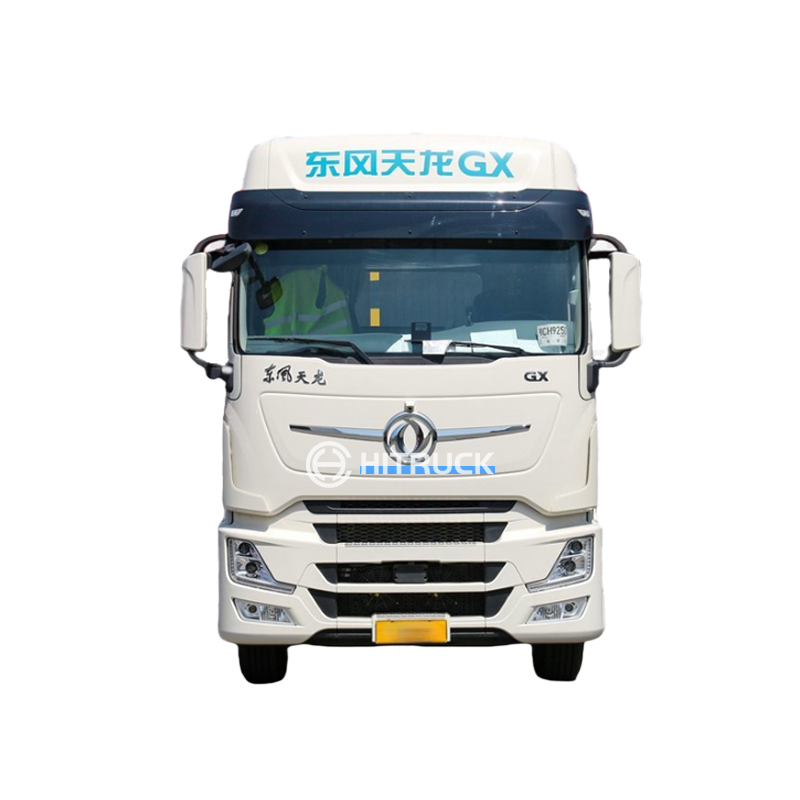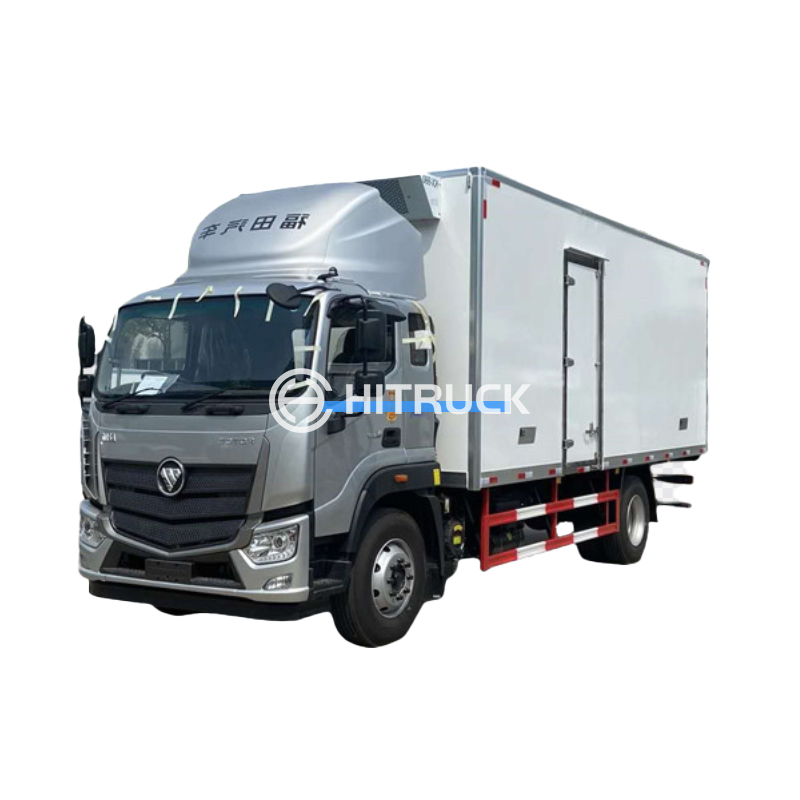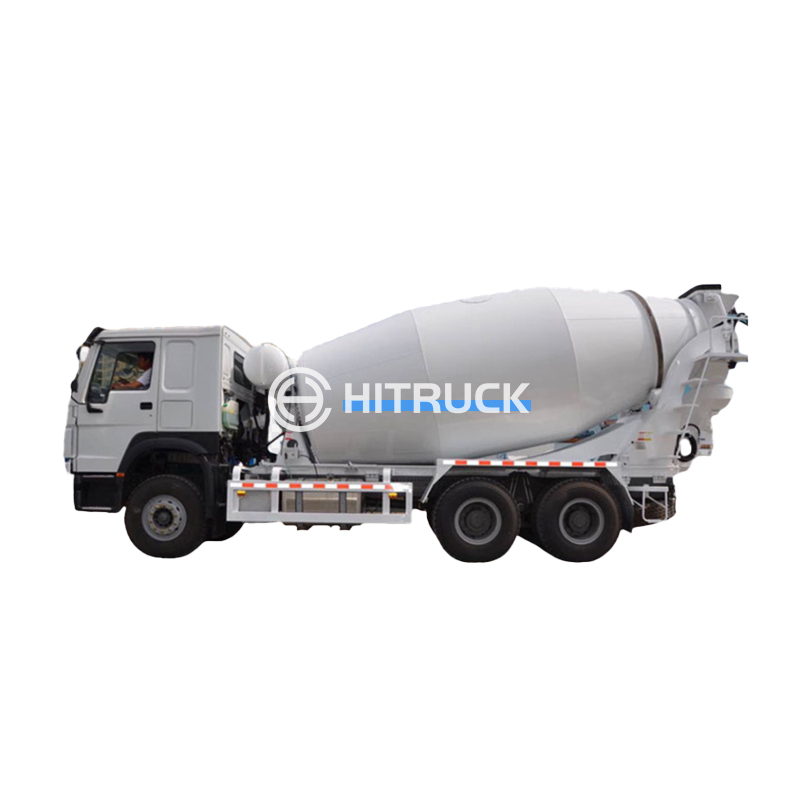Finding the right new water tanker price can be challenging. This guide provides a detailed overview of factors influencing costs, different tanker types, and tips for making an informed purchase. We'll cover everything from smaller agricultural tankers to larger municipal units, helping you understand what to expect and how to find the best deal. Discover which features justify the price and how to compare offerings effectively.
The size of the water tanker is a primary determinant of its cost. Larger tankers with higher capacities naturally command higher prices. Consider your specific water transport needs – a small farm might need a much smaller tanker than a construction site or municipality. Options range from relatively inexpensive small-capacity units to substantially more expensive large-scale industrial tankers. The price per gallon of capacity usually decreases as the tank size increases, but other factors, such as materials and features, are also important.
Water tankers are manufactured from various materials, each impacting the overall new water tanker price. Common materials include stainless steel, aluminum, and polyethylene. Stainless steel offers superior durability and corrosion resistance but comes at a premium. Aluminum is lighter and less expensive but can be susceptible to corrosion. Polyethylene is a cost-effective option for smaller tankers, but its durability may be less than steel or aluminum. The choice of material will significantly influence the total cost.
The inclusion of additional features, such as pumps, meters, filtration systems, and specialized nozzles, increases the new water tanker price. Consider the features necessary for your intended use. A simple tanker for agricultural purposes might not need the advanced features of a municipal water tanker. Understanding which features are essential and which are optional is crucial for budget management.
Different manufacturers offer tankers with varying features, quality, and pricing. Reputable manufacturers typically offer warranties and better after-sales service, which may justify a higher upfront cost. Researching different manufacturers and comparing specifications and warranties can be beneficial. Some manufacturers specialize in specific tanker types or sizes, impacting price and availability.
Water tankers come in a variety of sizes and designs, each suited to specific applications. The cost varies considerably depending on the type of tanker.
| Tanker Type | Approximate Price Range (USD) | Typical Applications |
|---|---|---|
| Small Agricultural Tankers | $5,000 - $20,000 | Farming, irrigation |
| Medium-Sized Construction Tankers | $20,000 - $50,000 | Construction sites, dust suppression |
| Large Municipal Tankers | $50,000 - $150,000+ | Firefighting, water distribution |
Shop around and compare prices from multiple suppliers. Negotiate the new water tanker price; don't be afraid to haggle. Consider financing options to spread the cost. Look for deals and discounts from manufacturers or distributors. Thoroughly inspect any tanker before purchasing, checking for any damage or defects. Always check for warranties and after-sales service.
For a wider selection and competitive new water tanker price options, consider exploring reputable dealers like Suizhou Haicang Automobile sales Co., LTD. They offer a range of water tankers to suit various needs. Remember to factor in transportation costs and any necessary permits or licenses when budgeting for your purchase.
Note: Price ranges are approximate and can vary based on location, specifications, and market conditions.












